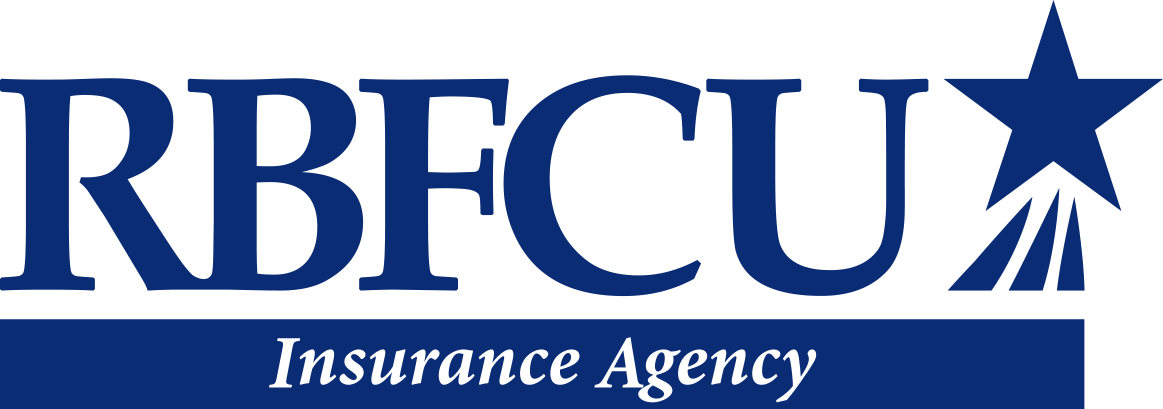Tips to Help You Save on Homeowners Insurance
The rising costs of homeowners insurance in recent years is a hot topic, one that gives many homeowners heartburn and anxiety. Inflation, the cost of materials and storms are all factors. And while it’s impossible for an individual policy owner to address all the factors contributing to rising rates, there are a few things that you can do to perhaps reduce your own costs.

Remember: How effective the following suggestions are will depend upon many factors, including your policy, the company whom you select as your provider and your location.
Still, the following tips offer a good starting point for a conversation with your insurance agent about ways that you might be able to save, given the particulars of your policy.
Explore bundling
Historically, bundling homeowners insurance with another policy (typically auto) through the same company has been a means of not only saving money but also streamlining time-consuming processes like bill paying and maintaining records. The trick now is to find a provider willing to offer that sort of discount.
And although rising insurance costs have made bundling not quite as effective a savings strategy as in the past, the reality is that insurance providers may be less likely to drop you1 in the wake of an incident if you have more than one policy with them.
Ask about paying upfront or using autopay
If you’re willing to pay all of your annual premium in a lump sum, your insurance company may be willing to give you a discount. And some companies will provide a discount if you place your payments on autopay.
Raise your deductible
With a higher deductible in place, an insurance provider may be willing to lower the rate on your premium.
Improve your home’s security and safety
By installing or updating your home’s alarms, locks or smoke detectors, you’ll not only reduce your risks of an accident, burglary or injury, but you also may be eligible for a credit on your premium.
Look before you leap with real estate
Buying a new home soon? Consider how proximity to your local fire department or a fire hydrant might impact your rates.
Similarly, if you’re in an older home but plan to move into a new construction, it’s possible that more current plumbing, heating and electrical systems may present lower risks, thereby potentially lowering your premiums.
Other discounts on homeowners insurance may relate to:
- Disaster preparedness (e.g., storm shutters or shatterproof glass in homes situated in regions prone to storms)
- Roof age
- Renovation
At the same time, however, you’ll want to consider how a major square footage renovation might impact your insurance needs and, by extension, how much coverage you’ll need to carry moving forward.
Inquire about discounts
Sometimes the fastest path toward discovering savings on your homeowners insurance is to ask your agent about policy-related discounts for which you might qualify, such as (but not limited to):
- Claim-free discounts, meaning that if you’ve made no claims within a certain period of time, your insurer may cut you a break
- Senior or retiree discounts
- Military discounts
- Employee or organization discounts
Note that, although you may be eligible for multiple discounts, insurance companies do tend to cap how many they’ll allow. Types of discounts available, and limits on the amount of a total discount you can receive, are determined by each company and may change over time.
Maintain good credit
Just as a mortgage loan officer reviews your credit history to determine if you’re a safe bet for a home loan, insurance companies like to look at your credit reputation2 when setting rates. Improving your regular credit score over time may pave the way for lower premiums.
Meanwhile, it probably goes without saying that it’s wise to maintain your relationship with your carrier by paying bills on time.
Shop around
As with any financial product, it can pay to shop around a little. Even something as simple as requesting a second opinion on your existing policy may open the door to finding ways to reduce your homeowners insurance bill.
Satisfied with your existing insurance company? You can also ask your agent to review your policy, and inquire about strategies they may recommend that might help improve your discount eligibility (e.g., tackling the aforementioned home repairs or security enhancements). There may be options unique to you and your policy, home or provider.
The takeaway
Although homeowners insurance rates are going up, it doesn’t hurt to explore your options — be it refining your policy or bill schedule, or simply shopping around for better rates.
RBFCU Insurance Agency is happy to provide you with a policy review, or you can request an online quote today.





.jpg?sfvrsn=b6afb2a8_4)